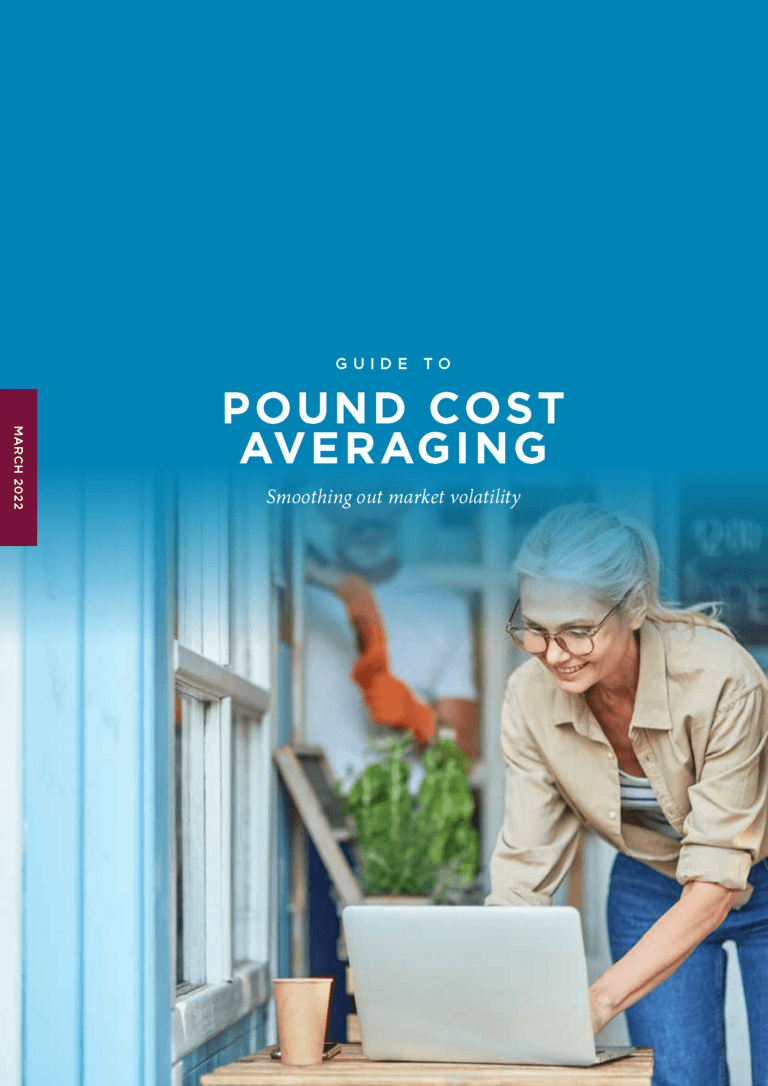Revolution in family law finally removes the need for blame as a basis for divorce
No one enters into marriage expecting it to end in divorce. However, for many couples, divorce is the sad reality. If you are facing divorce, it is important to know that you are not alone. Each year, thousands of people go through the divorce process.
While divorce can be a difficult and emotionally charged time, there are things you can do to make the process go more smoothly when important decisions need to be made. Keeping a level head to negotiate a fair financial settlement is vital.
No-fault divorce removing the need for blame
From 6 April 2022 no-fault divorce came into effect in England and Wales. This is a long-awaited revolution to family law, finally removing the need for blame as a basis for divorce. Now the only ground for divorce is that the marriage has ‘irretrievably broken down’.
This means the law no longer requires blame to be apportioned, neither is there any requirement to fit your particular circumstances into one of the five facts that you previously had to prove, i.e. there is no need to cite behaviour or adultery nor wait for the minimum two-year separation period.
More amicable resolutions for parties
In addition, further crucial changes are that the respondent to the divorce is now unable to contest the divorce (the limited grounds to challenge a divorce relate to jurisdictional grounds or validity of marriage).
If you and the other party both agree the marriage has broken down irretrievably, then a joint application for divorce can now be made.
If you find yourself in this situation, here are 5 points to consider
1. Seek professional advice immediately
Seek legal and separate financial advice immediately. Your professional financial adviser can help you draw up a list of joint and personal assets and valuations, so any legal advice you seek is based on accurate information. This can make an appointment with your solicitor more time and cost effective.
You’ll need to draw up a list of assets e.g. first or second homes, pension pots, investments, value of any businesses etc., checking when they were purchased and finding out if they should fall into the category of marital assets, In addition, list all your outgoings both joint and individual.
2. Cancel all shared finances
Cancel any financial commitments that might be in a joint name immediately. The more unscrupulous partner could take advantage otherwise and saddle you with debt you are liable for. So cancel credit cards, joint accounts, personal loans and even overdrafts if possible and set up afresh in your own name.
3. Timing is everything
Although it may be the last thing on your mind, choosing the right time of year to divorce could significantly impact on the financial outcome for each individual. When a marriage or registered civil partnership breaks down, it is likely that tax will not be at the top of the agenda.
Your tax position refers to the amount of Income Tax and Capital Gains Tax you’ll need to pay. During the divorce process, there is a window of time where a spousal exemption applies and then drops off.
4. Splitting pensions
When it comes to pensions, finding a way to achieve a clean break so you are not tethered to your partner forever is key. What can be divided depends on where in the UK you are divorcing. In England, Wales and Northern Ireland the total value of the pensions you have each built up is taken into account, excluding the basic State Pension.
In Scotland, only the value of the pensions you have both built up during your marriage or registered civil partnership is considered. Normally, anything built up before you married or after your ‘date of separation’ does not count.
There are two main ways of dealing with pensions at divorce that apply across the UK.
1. Pension sharing is often the favoured way of dividing a retirement fund because it achieves a ‘clean break’. This involves couples splitting one or more pensions. The aim is to ensure that the future incomes of both spouses are equalised. Your professional financial adviser will be able to help you implement any pension sharing order after the splitting process is complete.
2. The second option, pension offsetting, sees pension rights balanced against other assets, such as the home. Typically, if one spouse has a pension fund worth £500,000 and the couple jointly own a property worth £500,000, one may keep the property and the other keep the pension – though things are rarely that simple, so professional advice is key.
5. Budget for your future
Whatever happens, your life is going to be very different once the divorce is complete so it’s important to budget for the future life you want to live. Obtaining a copy of your credit report is a good start, so you know what your standing is, especially as many people will need to think about a new mortgage after divorce. A credit report will also highlight any joint lending you might be liable for.
Content of the articles featured in this publication is for your general information and use only and is not intended to address your particular requirements or constitute a full and authoritative statement of the law. They should not be relied upon in their entirety and shall not be deemed to be, or constitute advice. Although endeavours have been made to provide accurate and timely information, there can be no guarantee that such information is accurate as of the date it is received or that it will continue to be accurate in the future. No individual or company should act upon such information without receiving appropriate professional advice after a thorough examination of their particular situation. We cannot accept responsibility for any loss as a result of acts or omissions taken in respect of any articles. For more information please visit www.goldminemedia.co.uk







